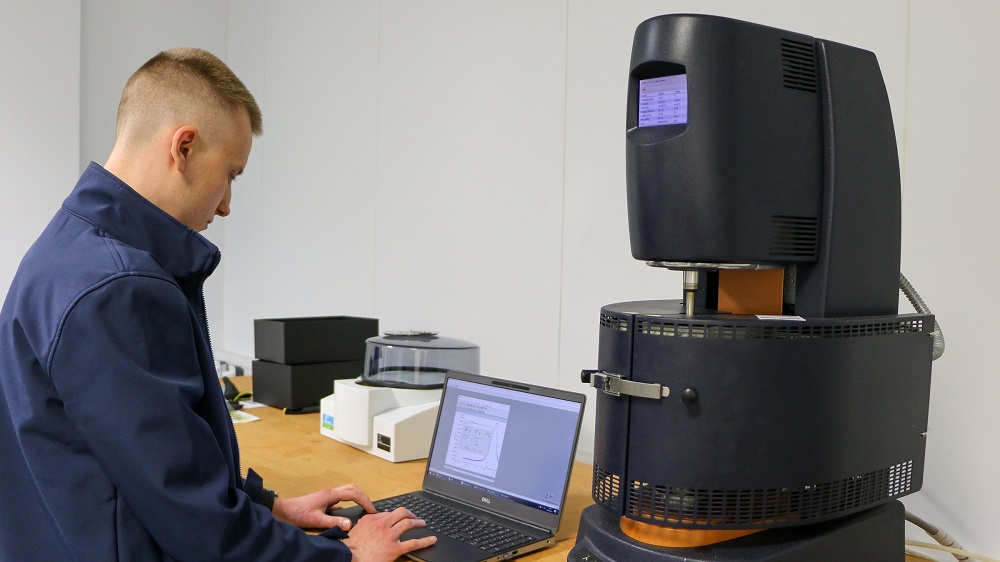Software company Molydyn is to use chemical simulation to test new composite materials, in collaboration with the University of Sheffield Advanced Manufacturing Research Centre (AMRC) and Bitrez, in order to make the testing process more sustainable.The project aims to use molecular modelling to develop a viscosity modelling capability for Molydyn’s accessible web simulation platform, Atlas, to help design better composite materials while reducing costs and environmental impact. Building upon previous collaborations with the AMRC, the project is utilising funding from an Innovate UK Transformative Technologies grant.
Chemical simulation allows researchers to test new materials quickly with virtual experiments, screening out prospects that are unfit for the lab. This saves laboratories time and money, while proving to be a more sustainable method –testing materials virtually requires no disposable gloves, single-use plastics or solvents.
With the rising price of electricity and raw materials, composite material manufacturers are feeling the pinch becauseinfusing viscous, honey-like resin into the fibres often requires high-pressure pumps and heating. However, resin tested for an optimised viscosity would flow like water and reduce the cost, environmental impact, and difficulty of manufacturing composite parts.
Matthew Bone, chief executive officer at Molydyn, says: “It’s good to be back working with the AMRC again, and tackling a major problem like viscosity. We’re hoping to expand Atlas and give materials scientists a tool to help them design better composite materials. Composites are shaking up many sectors with the environmental benefits of light-weighting, so we’re keen to help get better composites to market faster.”
The AMRC, part of the High Value Manufacturing (HVM) Catapult network of research centres, will conduct empirical lab testing from its innovation cluster in Rotherham.
For further information www.amrc.co.uk















